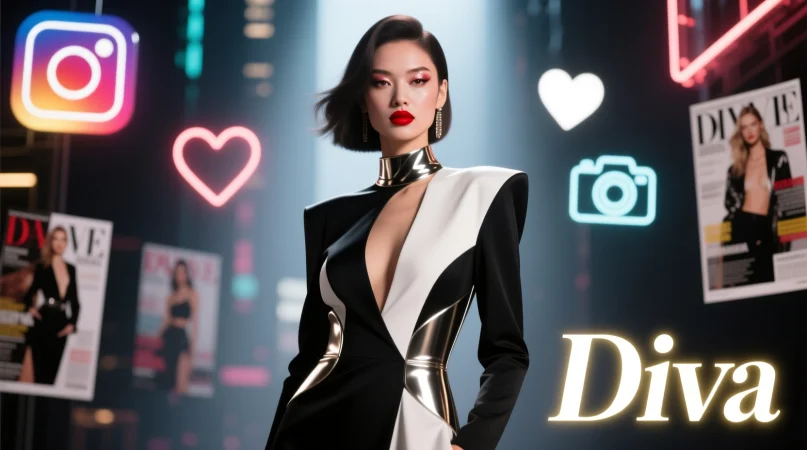Ever heard someone say, “She’s such a diva,” and wondered whether it’s a compliment, an insult, or something in between? 🤔The word diva shows up everywhere — from TikTok comments to celebrity drama, to describing someone who demands “main character energy.” But what does diva mean today?
This guide breaks down the real meaning of diva, how it evolved, how people use it in conversations, online communities, and pop culture, plus when it’s empowering — and when it’s shade. Let’s get into it. 💅✨
Diva Meaning and Definition
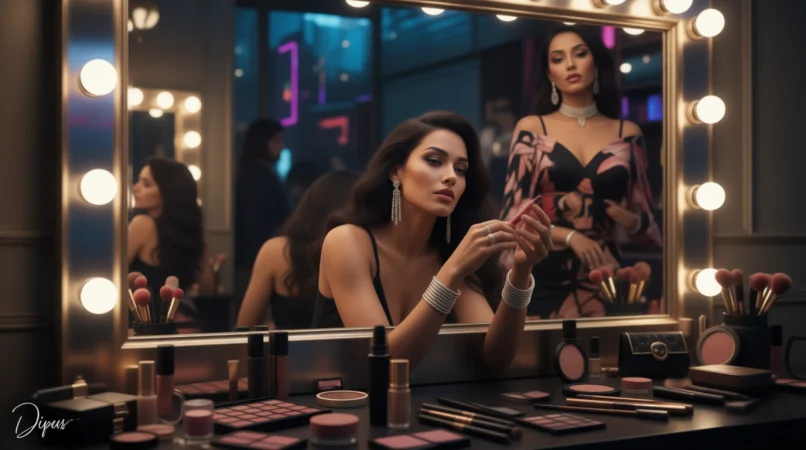
A diva traditionally refers to a highly talented female singer, especially in opera.
But in modern slang, diva means someone — usually a woman — who:
- Has a bold or dramatic personality
- Displays confidence, glamour, or high standards
- May act demanding, extra, or high-maintenance
- Commands attention like a star
Examples:
- “She’s acting like a total diva today.”
- “This outfit is diva-level gorgeous.”
- “Stop being a diva and just chill.”
Today, diva can be positive (confident, iconic) or negative (dramatic, demanding), depending on tone.
Background & History
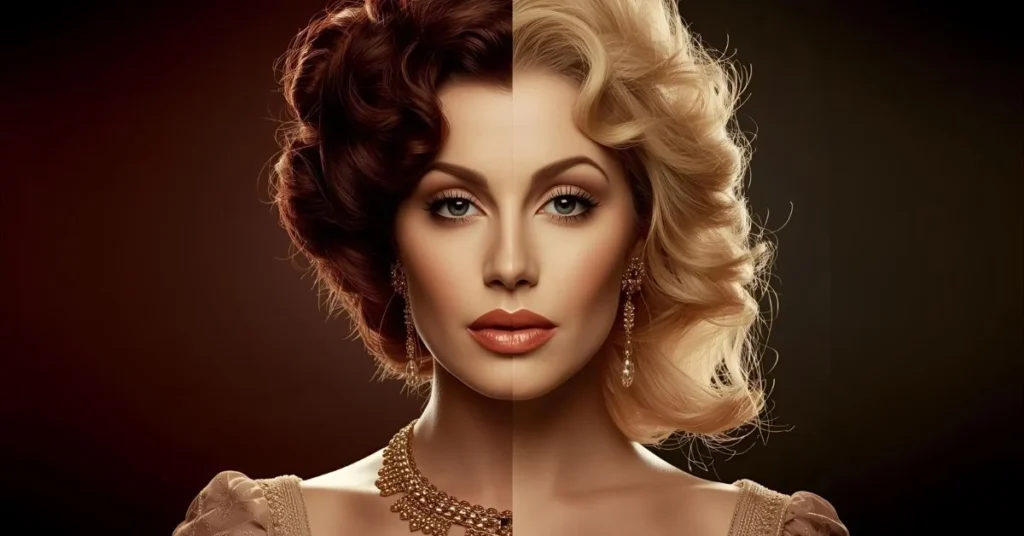
The word diva comes from Italian, meaning “goddess.”
It was originally used for legendary opera singers with extraordinary vocal talent and star power.
Over time:
- Became associated with glamorous Hollywood stars
- Used in fashion, beauty, and pop music
- Adopted into queer culture and drag communities
- Entered general slang to describe bold, dramatic behavior
By the 2000s, pop culture icons like Beyoncé, Mariah Carey, and Lady Gaga popularized the “diva” identity.
Usage in Various Contexts
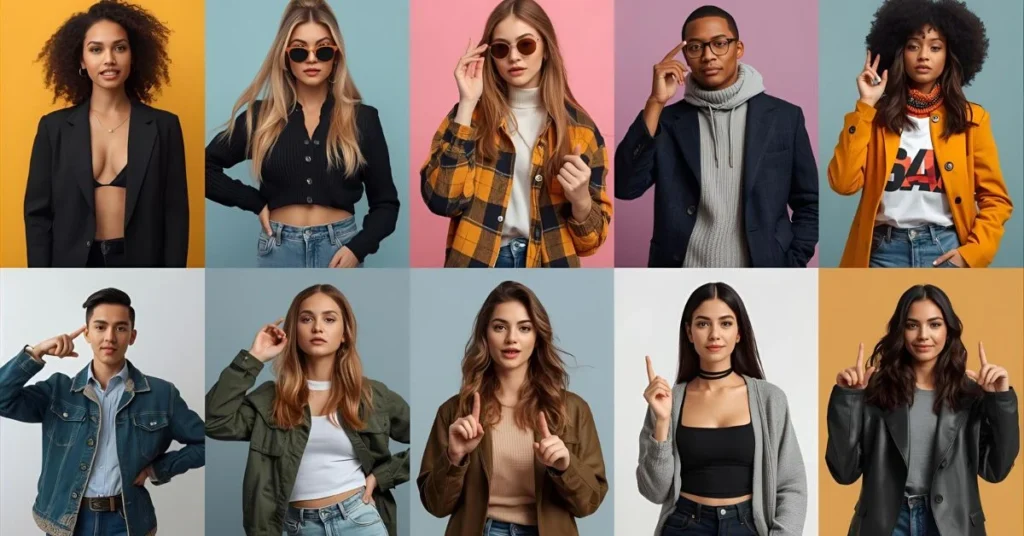
1. Compliment
Referring to someone stylish, confident, or iconic
→ “She walked in looking like a diva.”
2. Light Insult or Shade
Used for someone being dramatic or demanding
→ “Stop being a diva, it’s not that serious.”
3. Pop Culture
Often used for singers, influencers, and celebrities
→ “A true diva on stage.”
4. Empowerment
Used in feminist or queer communities to praise confidence, self-love, and power
→ “Be a diva — know your worth.”
Common Misconceptions & Clarifications

- Misconception: A diva is always rude.
Reality: Diva can also mean confident, iconic, or powerful. - Misconception: Only women can be divas.
Reality: Anyone can be called a diva. - Misconception: Diva means “celebrity only.”
Reality: People use it for everyday humor or attitude. - Misconception: Diva = angry.
Reality: It often means glamorous, extra, or dramatic.
Similar Terms & Alternatives

Here’s a quick comparison:
| Term | Meaning | Similarity |
|---|---|---|
| Drama Queen | Someone overly dramatic | Similar shade meaning |
| Icon | Someone admired or stylish | Positive version |
| Queen | Empowering, confident | Positive |
| High-maintenance | Needs special treatment | Slightly negative |
| Bossy | Demanding, assertive | Related tone |
How to Respond When Someone Says “Diva”
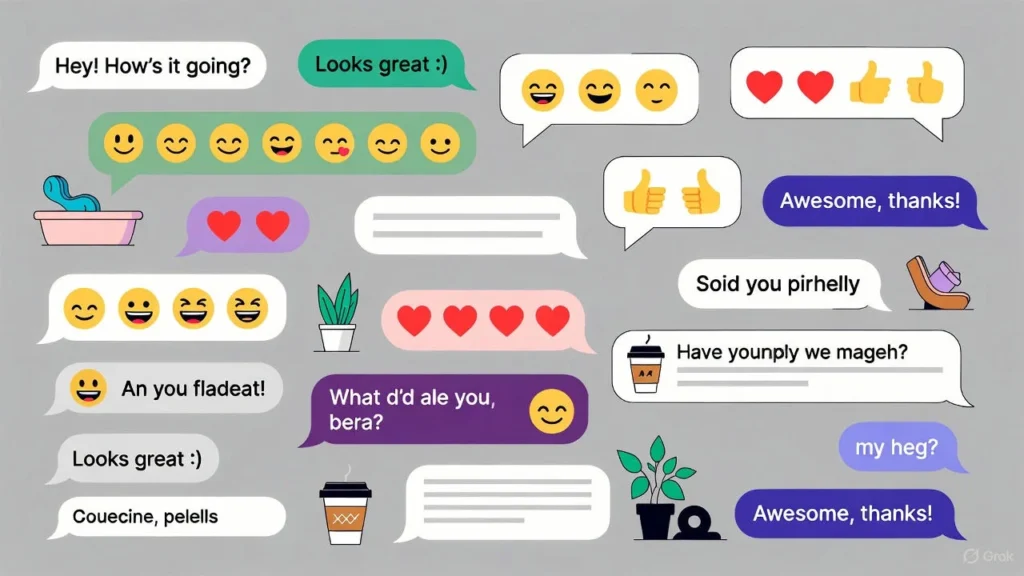
Your response depends on tone:
- If it’s a compliment:
→ “Thank you!” or “I love the energy.” - If it’s playful teasing:
→ “You know it 💅” - If it’s shade:
→ “I’m just setting standards.” - If you’re unsure:
→ “What do you mean by diva?”
Regional or Cultural Differences
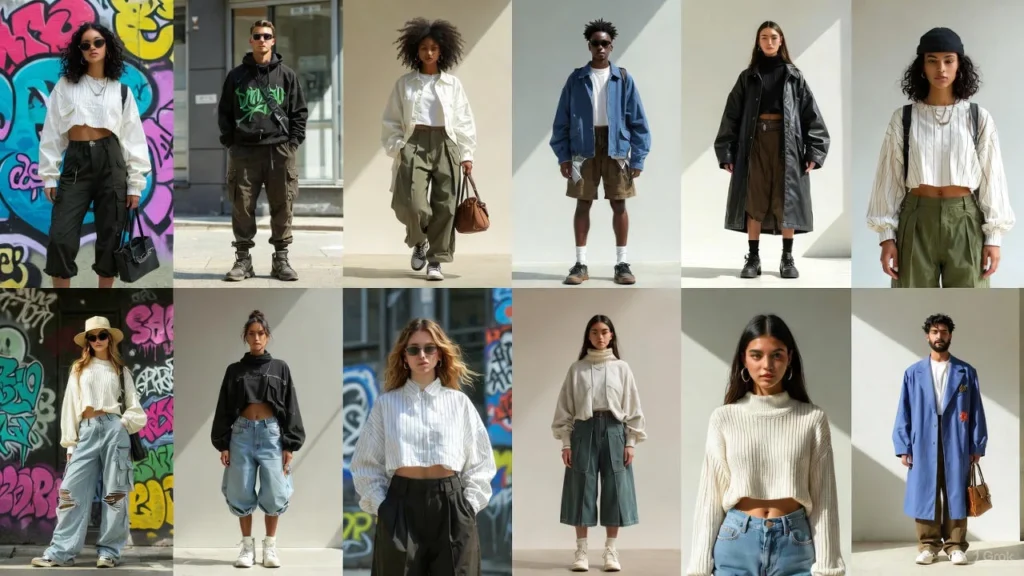
- Western Pop Culture: Often glamorous, iconic, confident.
- Asian Communities: Sometimes used to describe “extra” or dramatic behavior.
- Queer & Drag Culture: A symbol of empowerment and star-like energy.
- Latin Culture: Can imply fiery attitude + powerhouse confidence.
Meaning always shifts with tone and community.
Comparison With Similar Concepts

- Diva vs. Icon:
Icon = purely positive, admired.
Diva = can be positive or dramatic. - Diva vs. Drama Queen:
Drama queen = mostly negative.
Diva = glamorous + attitude. - Diva vs. Boss:
Boss = leadership and control.
Diva = personality, flair, attention.
Usage in Online Communities & Apps
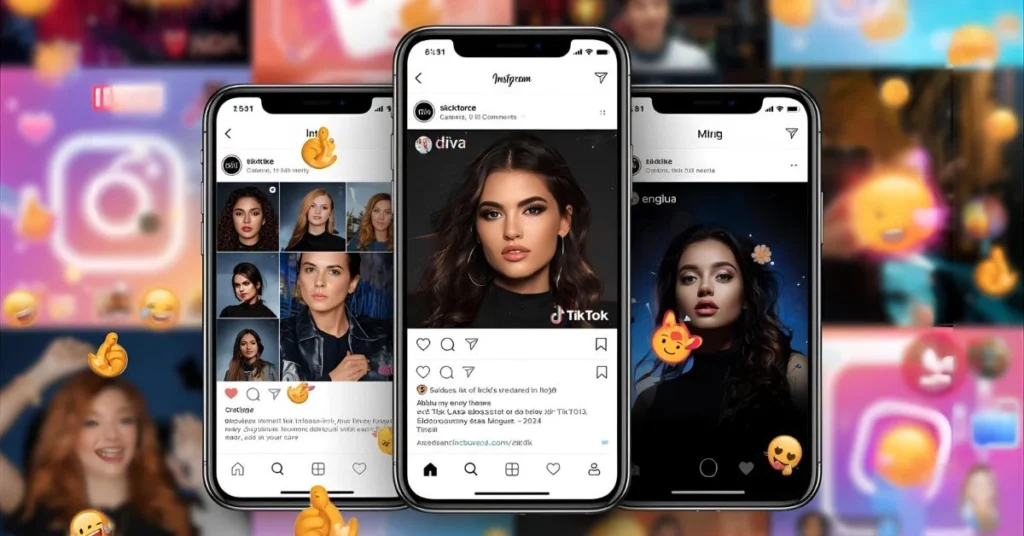
You’ll see “diva” used across:
- TikTok comments (“She’s a diva fr”)
- Instagram fashion posts
- Drag performances
- Meme culture
- Stan Twitter
- Music fandoms
- TikTok aesthetics (Diva-core, Glam-core)
Often used with emojis like 💅✨👑🔥
Hidden or Sensitive Meanings
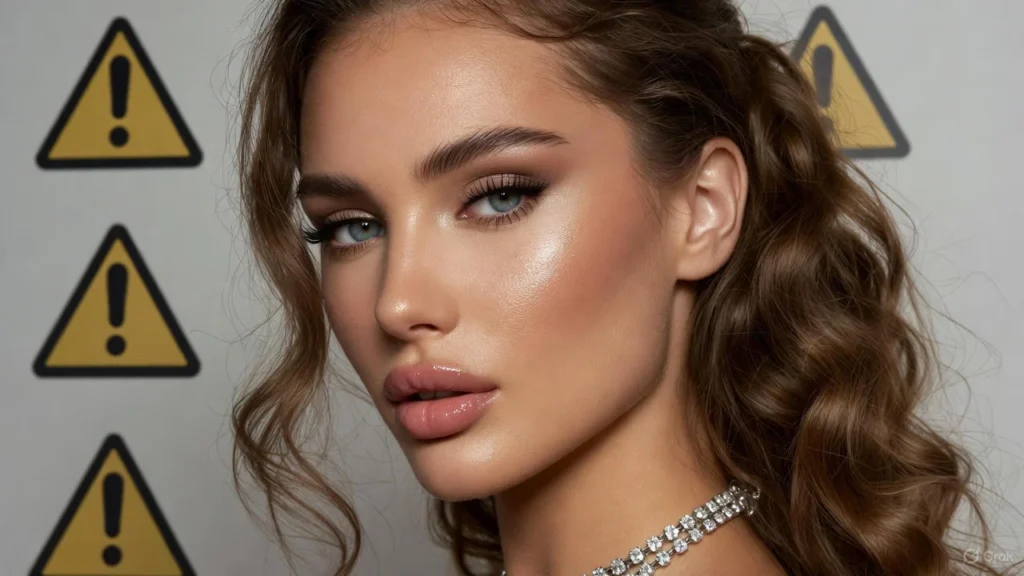
- Sometimes used sarcastically to call someone difficult.
- It may be used to shame someone’s attitude if said negatively.
- Can carry gendered stereotypes.
- But in positive communities, it’s reclaimed as empowerment.
Be mindful of tone and audience.
Suitability for Professional Communication

Not suitable in formal communication unless referring to:
- A singer
- A performer
- A brand name
Avoid using “diva” to describe coworkers — it can be taken as offensive or unprofessional.
FAQs
1. What does diva mean in slang?
A glamorous, confident, dramatic, or high-maintenance person.
2. Is diva an insult or a compliment?
Both — depends on tone.
3. Can men be divas?
Yes, anyone can be called a diva.
4. Is diva positive?
Often yes, especially in fashion, pop culture, and queer culture.
5. Where is the word “diva” most used?
Social media, music culture, fashion, and online communities.
Conclusion
The word diva has evolved far beyond its opera roots. Today, it can mean glamorous, iconic, confident, or a little dramatic and extra. If used as praise or playful shade, diva is now a staple of online culture, fashion, and everyday conversations.
Understanding it helps you pick up tone, engage naturally, and appreciate the modern blend of attitude + sparkle that defines a true diva. ✨💅👑

